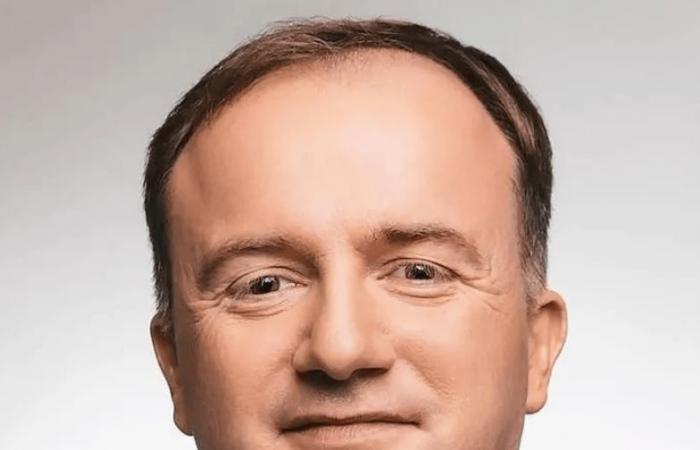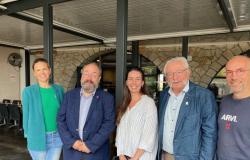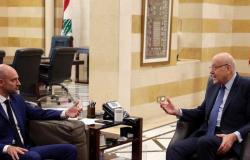– Why this idea of a European Federation?
Olivier Védrine relaunches Jean Monnet’s project for today’s Europe.
Olivier Védrine, hc professor
Published today at 8:36 p.m.
Subscribe now and enjoy the audio playback feature.
BotTalk
On 1-2 September 2024, in the Municipality of Ventotene in Italy, representatives of the Union of European Federalists, the Jean Monnet Association, the Young European Federalists, the Spinelli Group, as well as important political figures signed the partnership agreement for the relaunch of the Action Committee for the United States of Europe.
The first Action Committee, founded in 1955 by Jean Monnet, was an organisation dedicated to promoting European integration and the concept of a united Europe. Created in response to the failure of the European Defence Community, the committee, often referred to as the “Monnet Committee”, aimed to gain the support of the main European political forces, both in government and opposition, and of the social partners, for the community ideal.
The partnership was signed by Domènec Ruiz Devesa (former MEP, President of UEF Europe), Sandro Gozi (MEP, President of the Spinelli Group), Thijs Reuten (MEP, Spinelli Group), Christelle Savall (President of JEF Europe), Philippe Laurette (President of the Jean Monnet Association), Guy Verhofstadt (former MEP, President of the European Movement International).
The partnership was supported by Josep Borrell (High Representative of the Union for Foreign Affairs and Security Policy, Vice-President of the European Commission), Klaus Welle (former Secretary-General of the European Parliament, President of the Academic Council of the Martens Centre), Stefano Castagnoli (President of the Altiero Spinelli Institute), Luisa Trumellini (Secretary-General of the Movimento Federalista Europeo), and Giulia Rossolillo (Vice-President of UEF Europe). Today, and particularly in response to the economic, financial, social and environmental crisis, we must move towards a federalisation of the European Union.
The defence of European values and interests can only succeed in a world of continent states (the United States, China, Brazil, Russia, etc.) if we Europeans manage to join forces. For example, the challenges posed by the sovereign debt crisis and the ecological transition could only be met by a European federation because the Member States of the European Union do not individually have the critical mass to solve these problems. Furthermore, the establishment of a European federation would also respond to the criticism concerning the democratic deficit of the current European Union.
Important steps have already been taken in European integration: the opening of borders, Erasmus exchanges, the internal market for 450 million inhabitants and the single currency for twenty Member States.
The euro is the most tangible proof of European integration: some 341 million people use it every day, making it the second most widely used currency in the world. You only need to travel within the EU or shop online on websites based in other EU countries to realise its benefits.
But the essential concept has still not been achieved: that of the European Federation. Without it, it will be impossible to imagine strategic autonomy, nor a leading role on the world stage. It is our survival that is at stake, it is the United States of Europe that is the only guarantee of the future of the European peoples. The example of the war in Ukraine requires us to be clear-sighted in the face of certain aggressive continent-states. Let us draft a European constitution and create the European Federation!
“The Tribune of Opinions”
With the Tribune des Opinions, find every Monday the analyses, editorials, readers’ letters, expert opinions… So much insight to help you form your own opinion.
Other newsletters
Login
Found an error? Please report it to us.
1 comment






